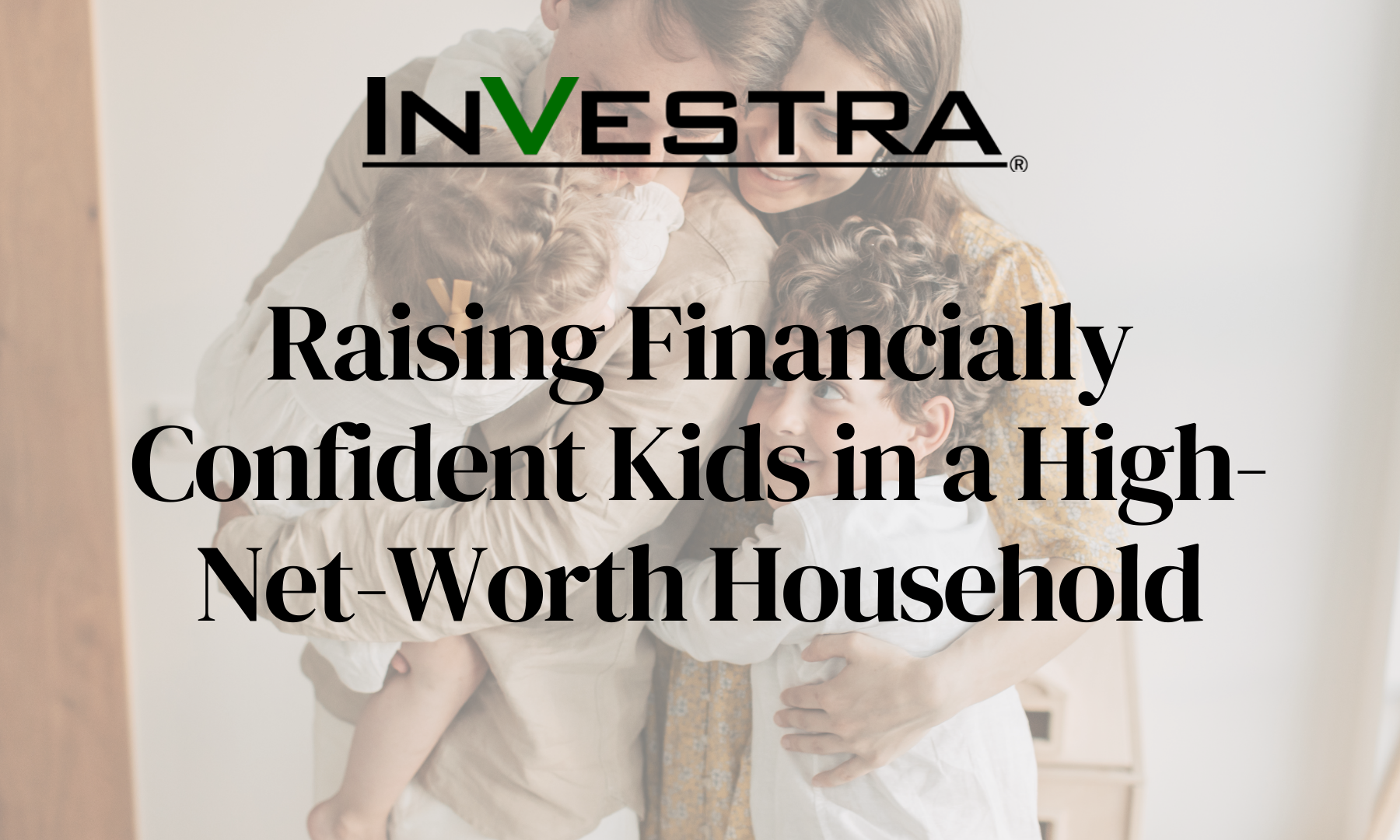Although women have more personal wealth now than ever before, many still retire with little savings, and nearly half are not confident that they will be able to retire comfortably.[1] This insecurity highlights the unique challenges women face when it comes to saving for their later years. It’s no secret that women make less money than men. We’re also more likely to pause our career to care for children or elderly parents. On top of that, we statistically live longer, meaning we’re left to make all the most important financial decisions, often for the first time in our lives. Fortunately, thanks to decades of experience and passion for the cause, our advisors have fought to understand these complexities and are here to help you become familiar with them. In this article we’ll be sharing some insight with you on the influence of women’s lives on preparing for retirement and how financial professionals can help you be better prepared by having the right conversations at the right time.
Key Influences on Women’s Life Journeys and the Retirement Preparedness Gap
Women’s life journeys typically differ from men’s in terms of when they start to work, wage expectations, career breaks, and life expectancy.[2] These life journeys can significantly affect their earnings and savings, leaving many concerned about not having enough money to support their retirement lifestyles. At InVestra, we feel that having a thorough understanding on women’s life journeys and their impact on retirement is essential.
According to the American Enterprise Institute, more women pursue graduate degrees in the U.S. than men as of 2020 – and in 2018, 139 women were enrolled in graduate studies for every 100 men.[3] As a result, women tend to enter the workforce a few years later, which can negatively impact their earnings and savings. Women also hold nearly two-thirds of all outstanding student loans – around $929 billion.[4] This additional debt, combined with the gender pay gap, puts women at a substantial disadvantage from the start of their careers. It’s harder to save and pay back loans when you’re making less money, so the decks are a bit stacked from the start.
The gender pay gap also has long-term effects on many women’s savings. Although it’s typical for women tend to invest a greater proportion of their pay in their 401(k)s than men, it still tends to be less money in absolute terms.
To help strengthen women’s financial position for retirement, advisors must talk to women and understand every aspect of their plans as early as possible.
Parenting and caregiving are other factors that often affect women’s life journeys differently than men’s. Despite reports about declining childbirth rates, 86% of women between ages 40 and 44 are mothers and have likely taken at least some time off work to care for their children.[5] It’s also very common for women to find themselves parts of “the sandwich generation,” a generation of people, typically in their thirties or forties, responsible for bringing up their own children and for the care of their aging parents.
Women statistically have longer lifespans compared to men, which can also impact their retirement savings. According to Pew, by 2030, the average woman who retires at age 65 will live to be 83 years old, compared to 80 for men.[6] A 65-year-old woman who retired in 2019 is projected to spend $15,000 more on healthcare than a male counterpart.[7]
As a result, some married women may have concerns about the impact of widowhood on their financial situations. Financial professionals can provide the essential planning support you need so that even if you’re the survivor of a relationship, you won’t have to worry about finances.
Perhaps one of the most essential functions of a financial professional is that they can play a key role in helping women anticipate and prepare, ultimately helping them feel more confident about their futures. They’re able to have conversations about those worries and come up with a plan with the goal of ensuring that there are enough assets and income.
Women’s Engagement With Retirement Planning
In general, women are less engaged in financial services than men:[8]
- Only about 35% of women say they try to keep up to date with financial developments, compared to nearly 50% of men
- Fewer than 30% say they look at financial websites for information, compared to 40% of men
- Fewer than 30% say they speak to a financial professional, compared to nearly 40% of men
Additionally, retirement planning is rarely addressed in media aimed at women. In 2018, financial services companies invested 13 times more money on advertising banking, investment, and retirement products and services in male-skewed magazines than in female-skewed ones. This lack of representation leaves many women feeling alienated, as it gives them the impression that financial organizations do not consider female customers as a demographic they care about.[9] Research by Merrill Lynch in 2020, found that “out of 839 articles in 17 women’s magazines, only one had anything to do with personal finance and money.”[10]
Starting the Conversation
Often times individuals will ask us what we would recommend for their portfolio before we know any of their goals, however, without having an deep understanding of your goals, there is no way for us to be able to make recommendations. This is similar to how a doctor cannot recommend a treatment plan without first carefully examining your condition. Only once an advisor understands all aspects of your situation can they build a plan that serves your best, long-term interests and a comprehensive program of services to support that plan so that you can live life financially the way that you deserve to.
To make it easier, think about your future goals and how the financial choices you make now might affect those ambitions. Ask yourself questions like:
- How do the financial decisions I’m making now support my career goals?
- How do these decisions support my life goals?
- How do these decisions support other goals I may have?
For example, consider whether you see yourself working in your 70s or whether you plan to retire earlier. Then, think about what kind of financial choices they need to make in the short term to achieve their long-term goals. An advisor will help you break it down into manageable steps – the goal is not for you to make as much money as possible in the shortest amount of time, it’s to help you put together a plan to accumulate funds slowly over time so that in 20 years, you can be at the place you want to be.
Content in this material is for general information only and not intended to provide specific advice or recommendations for any individual. InVestra Financial Services and LPL Financial do not provide tax advice or services. Please consult your tax advisor regarding your specific situation.
All investing involves risk including loss of principal . No strategy assures success or protects against loss. Securities offered through LPL Financial, member FINRA/SIPC. Investment advice offered through InVestra Financial Services, a registered investment advisor and separate entity from LPL Financial.
LPL Tracking | # 1-05132031
[1] Women’s Retirement Savings Are Way Behind Men’s. Here’s Why That Gender Gap Persists. Barron’s, November 18, 2019.
[2] Gender Differences When Preparing For Retirement. Forbes, October 10, 2019
[3] Women earned majority of doctoral degrees in 2018 for 10th straight year and outnumber men in grad school 139 to 100. American Enterprise Institute, October 8, 2020.
[4]Deeper in Debt: Women and Student Loans in the Time of COVID. American Association of University Women, 2020.
[5] 6 facts about U.S. moms. Pew Research Center, May 8, 2019.
[6] National Vital Statistics Report, Vol. 66, No. 4: United States Life Tables, 2014. National Center for Health Statistics, August 14, 2017.
[7] Health Care Price Check: A Couple Retiring Today Needs $285,000 as Medical Expenses in Retirement Remain Relatively Steady. Fidelity Investments®, April 2, 2019.
[8] US banks are falling $782 billion short with women. Kantar, as of January 2021
[9] Winning Over Women In Financial Services. Kantar, 2018.
[10] Research conducted by Merrill Lynch/Age Wave, 2020.






